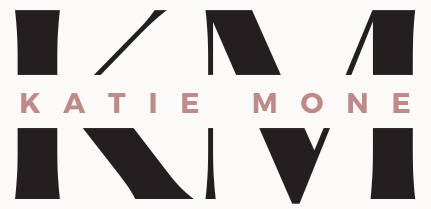Social media has become a powerful tool for activism, allowing individuals and groups to connect and mobilize in ways that were previously impossible. The potential impact of social media on social justice and global/political movements has been demonstrated by events such as the Arab Spring, Black Lives Matter, #MeToo, and many others.
The Arab Spring, a series of pro-democracy uprisings that swept across North Africa and the Middle East in 2011, is perhaps the most notable example of social media’s role in a major political movement. Platforms such as Facebook and Twitter were used to organize protests and spread information, circumventing traditional state-controlled media outlets. Social media allowed people to share their stories and experiences, amplifying their voices and facilitating a global conversation about democracy and human rights.
Similarly, the Black Lives Matter movement has leveraged social media to raise awareness about systemic racism and police brutality against Black people in the United States and around the world. The hashtag #BlackLivesMatter has been used to share stories, organize protests, and hold those in power accountable. Social media has allowed the movement to reach a wide audience and challenge mainstream narratives about race and justice.
Social media’s ability to mobilize and amplify voices has also been seen in the fight against sexual harassment and assault. The #MeToo movement, which started as a hashtag on social media in 2017, sparked a global conversation about the pervasiveness of sexual violence and the need for systemic change. Social media provided a platform for survivors to share their stories and for advocates to push for policy changes and cultural shifts.
Despite the many examples of social media’s ability to institute positive change, there are also concerns about the limitations and risks that it poses. While social media can facilitate connections and conversations, it can also amplify bullying, misinformation, and hate speech. Governments and corporations can also use social media to monitor and suppress crucial information.
All in all, social media has the potential to be a vital asset for social justice, global/political movements, and “righting the wrongs” of society. It can facilitate connections, amplify voices, and challenge power structures. However, its impact depends on how it is used and the context in which it operates. While social media has been instrumental in bringing about change, it is not an ultimate cure and must be utilized in conjunction with other forms of activism and advocacy.

